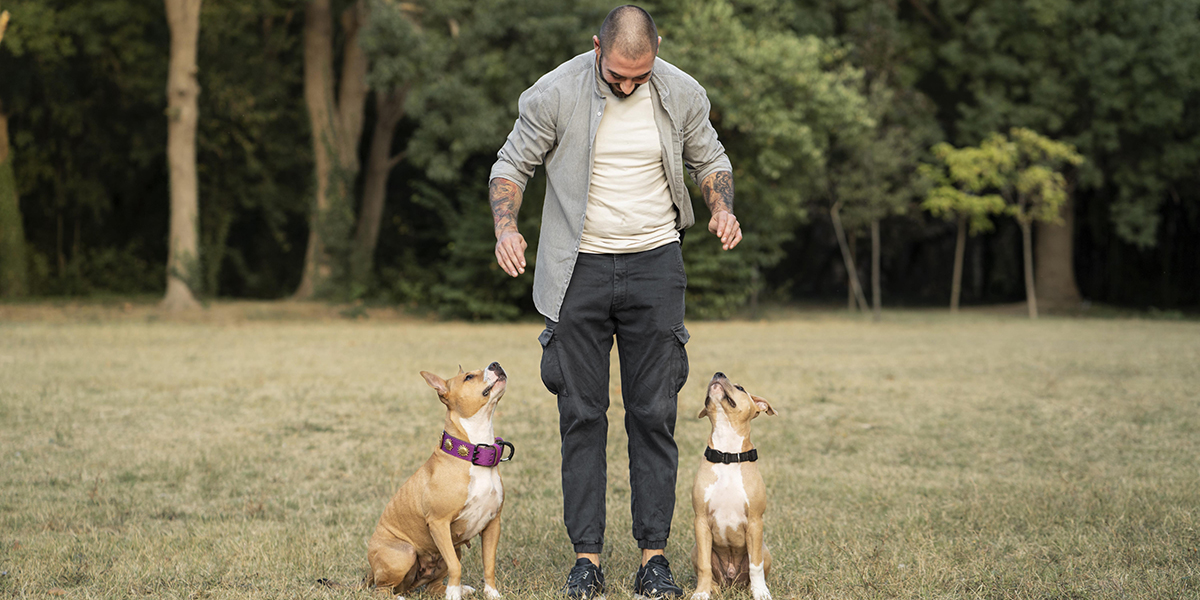
Training a New Puppy: How Soon Should You Start?
Puppies are fun companions to have around—especially when they have completed their training. However, many dog owners are still at a loss on when they can start training a new puppy. How soon is too soon? When is it safe to go beyond just housebreaking puppies?
We’ll cover the details in this article.
Start Training a New Puppy Within Seven to Eight Weeks
Dog owners used to consider training a new puppy only when it was old enough to complete the necessary vaccines and boosters. This was the standard recommendation of trainers and vets.
However, research showed that following such a recommendation meant that most puppies had already developed behavioral problems by the time they were ready for training.
Therefore, veterinarians, trainers, and bodies such as the American Veterinary Society of Animal Behavior (AVSAB) now recommend starting classes for your puppy within seven to eight weeks. They can learn potty training, crate training, and basic commands at that age.
The only exception is for puppies dealing with health problems.
Adequate socialization during the puppy’s first two to three months can help prevent behavioral issues as the dog grows. Some of these behavioral problems include:
- Avoidance
- Aggression
- Phobias
- Fears
Tips To Keep in Mind When Training a New Puppy
Some of the top tips to keep in mind when training a new puppy include the following:
Maintain Short Sessions
New puppies have a short attention span. You should aim for no more than five minutes of training per session and a maximum of three sessions per day. You can slowly add more sessions over longer periods of time as the pup ages.
Ensure Consistency
Use the same words and signals during each puppy training session. It’s the best way to help the puppy grasp basic cues quickly. Using different words and cues will leave the puppy confused.
Schedule Training Sessions in Different Environments
Training your pup at home differs from training them on the streets or at the local park. The environment’s sounds and smells can influence the training’s success. Avoid socializing your pup during these outdoor sessions.
Stay Patient
Training a new puppy requires a lot of patience. They will not always understand what you’re trying to say. You should be willing to repeat commands and cues multiple times during a session.
You should also keep in mind that puppies learn at different speeds. Don’t judge your puppy against the neighbor’s, even if they are of the same breed.
Embrace Positive Reinforcement
Positive reinforcement is the best way to encourage pups to assimilate their training. Keep treats on hand to reward your pup during and after each session to get them looking forward to the next one while picking up on your cues and commands.
Request Professional Help in Training Your New Puppy
Do you need help training a new puppy? We can help. Is this your first rodeo? There’s no need to worry. We work with first-time dog owners regularly.
Call The Dan Gentile Dog Training Center in Howell Township, NJ, at (732) 938-5040 to schedule a consultation.